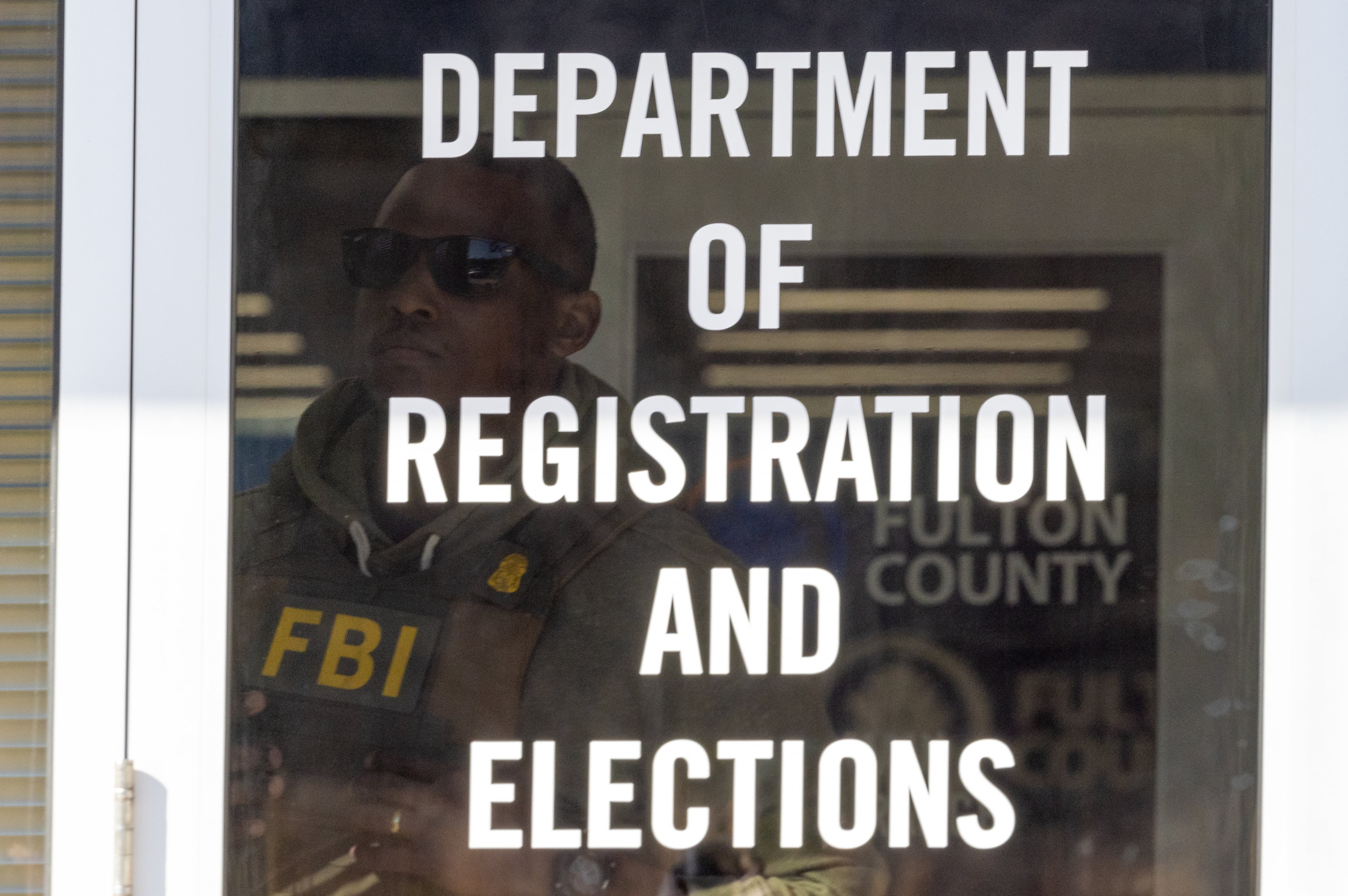Corporate dollars already in Ga. politics
Georgians could see more advertising in congressional elections after the U.S. Supreme Court ruled last week that the federal government can’t ban political spending by corporations or unions.
Initially, the ruling is likely to have little or no impact on state races, legal experts say. Georgia already allows corporations to make “ independent” expenditures in support of candidates, which is the issue the U.S. Supreme Court considered.
But some argue that the court’s ruling against the government regulation of political speech could eventually lead to lawsuits challenging other regulations the General Assembly has put into place limiting campaign contributions.
“I am concerned this decision is going to open up new areas of attack against campaign finance reform measures,” said Rep. Mary Margaret Oliver (D-Decatur), who is pushing ethics and campaign legislation in the House this year. “It is only the moneyed interests that want to prohibit campaign finance reform. It’s not the poor people, it’s not the man on the street that wants more money to go into elections.”
Doug Chalmers, a political law attorney who has represented Gov. Sonny Perdue and many other politicians before the State Ethics Commission, said the ruling applied to federal law and will have more impact on states that ban corporate involvement in races. “It may have an indirect effect in the sense that it suggests the First Amendment principles (of free speech) will be strongly upheld by the Supreme Court,” he said.
In a 5-4 decision, the court ruled that the federal government couldn’t, for instance, ban a corporation from spending money for ads to boost a congressional candidate.
Some states explicitly prohibit such “independent” expenditures by unions and corporations, and those laws may now be in question.
Georgia prohibits some state regulators, such as Georgia Insurance Commissioner John Oxendine and members of the Public Service Commission, from accepting contributions directly from corporations they regulate. They can, however, take contributions from the people who run those corporations.
University of Georgia political scientist Charles Bulloch said the Supreme Court ruling doesn’t invalidate such laws.
“But I wonder if it doesn’t make that prohibition vulnerable,” he added. “It may be the basis for somebody who wants to challenge it.”
Companies have long given to candidates or independent organizations backing politicians in Georgia.
For instance, the Georgia Association of Realtors spent more than $500,000 in 2006 on an independent organization to help get Lt. Gov. Casey Cagle elected. Because Cagle’s campaign said it didn’t have any relationship with the organization, known as Realtors for Casey Cagle, it was deemed an independent group and was free to spend an unlimited amount supporting him.
In addition, in states like Georgia where corporate contributions are permitted, many companies are getting involved in state Supreme Court races. An independent committee bent on protecting changes to laws limiting the legal liability of businesses and doctors, raised more than $1.6 million in 2006 in an unsuccessful bid to oust Supreme Court Justice Carol Hunstein. The committee was heavily supported by insurance companies and a Washington-based, business funded group.
David Johnson, CEO of Atlanta-based Strategic Vision, who has worked on political campaigns, said it’s too early to know if the ruling will open the floodgates on political spending, but he did expect more money to pour into political ads this year.
“We’ve already gotten a few feelers [from potential corporate clients] within the first 24 hours of the ruling,” he said.
Staff writer Jeffry Scott contributed to this report



